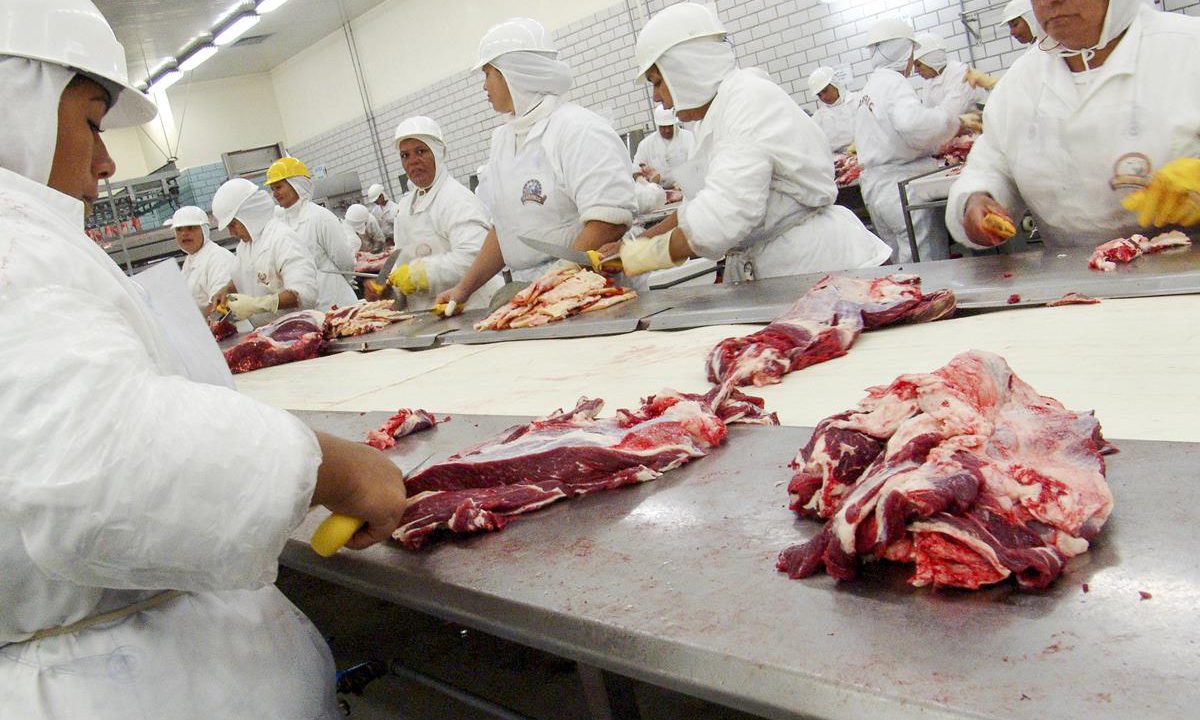Ireland’s meat processing sector “is not making the social and economic contribution it is capable of and leaves the sector particularly ill-placed to meet many challenges”, according to a report by the Irish Congress of Trade Unions (ICTU).
“While turnover and employment both rose by 40% in the decade after 2008, investment levels remained low, leading to stagnating turnover and low value-added per employee – all against the backdrop of low wages and social security contributions and benefits,” the report states.
Oireachtas Special Committee on Covid-19 Response
“The low-road approach has not only meant low pay, precarious employment and poor working conditions, but left this sector highly exposed to Covid-19, with the European Centre for Disease Control identifying Ireland as one the countries that has seen multiple outbreaks in slaughterhouses and meat processing centres.”
It is the ICTU’s view that policymakers should act on the recommendations of the report, especially in establishing a taskforce.
However, the ICTU states that the report “did not recommend the adoption of a direct employment model, as is being done in other countries similarly affected”.
Food Wise 2025
The ICTU notes that government policy for this sector is outlined in Food Wise 2025, the current 10-year plan for the agri-food sector.
“This strategy considers workers in this sector only as a ‘competitive challenge’ for processors,” the ICTU said in its review.
“Workers are not represented on the Meat Implementation Group of ‘all relevant stakeholders’, which reports to the government’s Food Wise 2025 High Level Implementation Committee, or on the stakeholder committee to develop a successor strategy.
This falls short of the commitments to social dialogue set out in the 2020 Programme for Government. While the government has previously acknowledged that trends in food processing towards ‘greater flexibility and casualisation’ have ‘resulted in low-paid and precarious employment’, little action has been taken to address these issues.
“This is in contrast to efforts over recent years to [correctly] improve the ability of primary producers to engage collectively with meat processors, including by exempting them from EU competition law.”
Turnover
According to the ICTU, Eurostat data indicates that turnover in the processing and preserving of meat in Ireland amounted to under €4.37 billion in 2017, the most recent year for which data is available, up from €3.16 billion (39%) in 2008, the first year for which data is available.
“Low levels of investment are, in turn, reflected in low levels of gross value-added per employee,” the report states.
At €45,700 per employee in 2017, gross value-added per employee in Ireland was the lowest of peer European countries, and compared to €73,200 in Denmark, €72,000 in the Netherlands, €62,000 in Sweden and €61,400 in Belgium.
“Low wages and social security contributions and benefits personnel ‘costs’ per employee in Ireland stood at €33,800 in 2017, the third lowest of the peer countries, after the UK at €29,700 and Germany at €32,000.”
